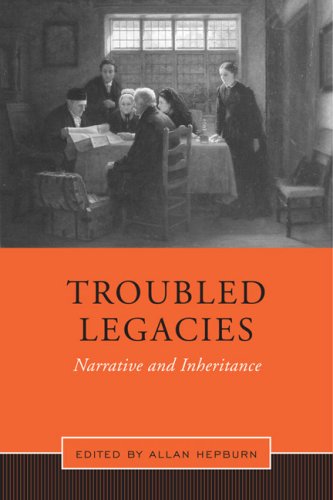

Most ebook files are in PDF format, so you can easily read them using various software such as Foxit Reader or directly on the Google Chrome browser.
Some ebook files are released by publishers in other formats such as .awz, .mobi, .epub, .fb2, etc. You may need to install specific software to read these formats on mobile/PC, such as Calibre.
Please read the tutorial at this link: https://ebookbell.com/faq
We offer FREE conversion to the popular formats you request; however, this may take some time. Therefore, right after payment, please email us, and we will try to provide the service as quickly as possible.
For some exceptional file formats or broken links (if any), please refrain from opening any disputes. Instead, email us first, and we will try to assist within a maximum of 6 hours.
EbookBell Team

0.0
0 reviewsLast wills and testaments create tensions between those who inherit and those who imagine that they should inherit. As Victorian, modern, and contemporary novels amply demonstrate, seldom is more energy expended than at the reading of a will. Whether inheritances bring disappointment or jubilation, they create a pattern for the telling of stories, stories that involve the transmission of legacies - cultural, political, and monetary - from one generation to the next. Troubled Legacies examines these narratives of inheritance in British and Irish fiction from 1800 to the present.
The essays in this collection set out to juxtapose legal and novelistic discourse. This reading of literature against law produces intriguing and often provocative assertions about the specific relationship between novels and inheritance. As the contributors argue, novels reinforce property law, an argument bolstered by the examples of women, workers, Jews, and Irishmen dispossessed of their rights and unable to claim their cultural inheritances. Troubled Legacies thoroughly examines the connection between narrative and claims to legal entitlement, a topic that has not, to date, been comprehensively broached in literary studies.